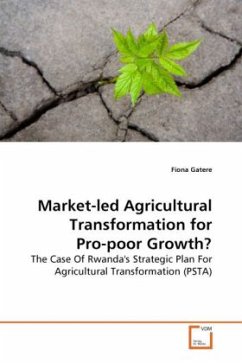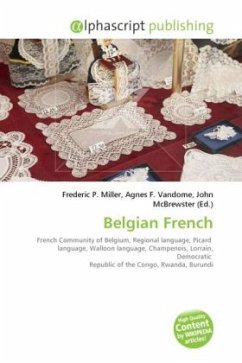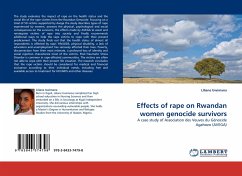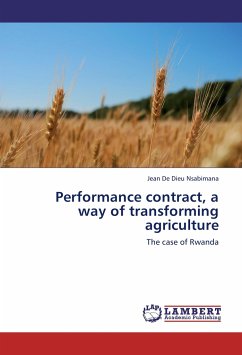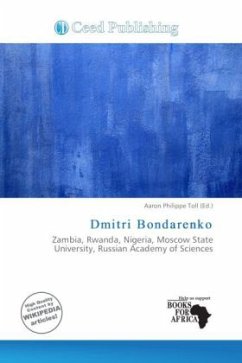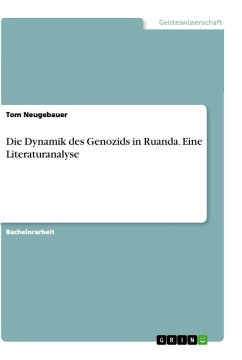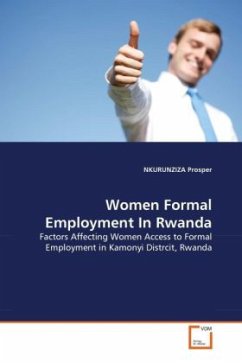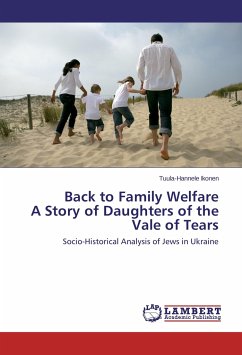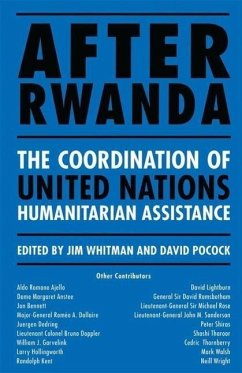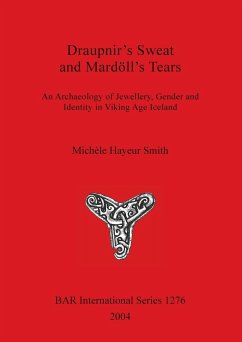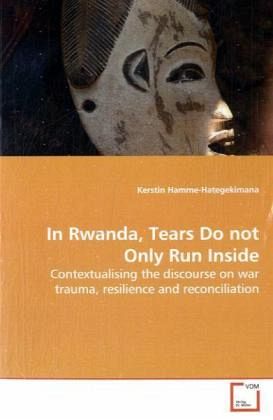
In Rwanda, Tears Do not Only Run Inside
Contextualising the discourse on war trauma, resilience and reconciliation
Versandkostenfrei!
Versandfertig in 6-10 Tagen
32,99 €
inkl. MwSt.

PAYBACK Punkte
16 °P sammeln!
Deconstructing the dominant concept of PTSD, theauthor opens the view on traumatic processes as wellas mediating factors that facilitate healing andresilience in the aftermath of massive and collectiveviolence, such as frameworks of psychosocial traumawith a collective and socio-political focus,traumatic stress, grief and non-Western approaches ontrauma and mentalhealth. Community based conceptions of war- andtrauma views, coping strategies and conflictingperspectives on reconciliation among survivors ofsexual violence during the genocide in Rwandatranscend the dichotomy of the discourses on t...
Deconstructing the dominant concept of PTSD, the
author opens the view on traumatic processes as well
as mediating factors that facilitate healing and
resilience in the aftermath of massive and collective
violence, such as frameworks of psychosocial trauma
with a collective and socio-political focus,
traumatic stress, grief and non-Western approaches on
trauma and mentalhealth.
Community based conceptions of war- and
trauma views, coping strategies and conflicting
perspectives on reconciliation among survivors of
sexual violence during the genocide in Rwanda
transcend the dichotomy of the discourses on trauma
and resilience and reveal non-dominant and sometimes uncomfortable insights, like transgenerational
cultural trauma (e.g. through the inability to mourn
massive loss) and healing capacities through
indigenous resources of proverbs, tales and rituals,
as well as the need for survivors to freely combine
Western and indigenous therapeutic methods.
Ecological principles and aspects of community peace
psychology suggest that survivors and perpetrators
need stability and time to each name their own
conflicting narratives which cannot and should not be
silenced or unified.
author opens the view on traumatic processes as well
as mediating factors that facilitate healing and
resilience in the aftermath of massive and collective
violence, such as frameworks of psychosocial trauma
with a collective and socio-political focus,
traumatic stress, grief and non-Western approaches on
trauma and mentalhealth.
Community based conceptions of war- and
trauma views, coping strategies and conflicting
perspectives on reconciliation among survivors of
sexual violence during the genocide in Rwanda
transcend the dichotomy of the discourses on trauma
and resilience and reveal non-dominant and sometimes uncomfortable insights, like transgenerational
cultural trauma (e.g. through the inability to mourn
massive loss) and healing capacities through
indigenous resources of proverbs, tales and rituals,
as well as the need for survivors to freely combine
Western and indigenous therapeutic methods.
Ecological principles and aspects of community peace
psychology suggest that survivors and perpetrators
need stability and time to each name their own
conflicting narratives which cannot and should not be
silenced or unified.



